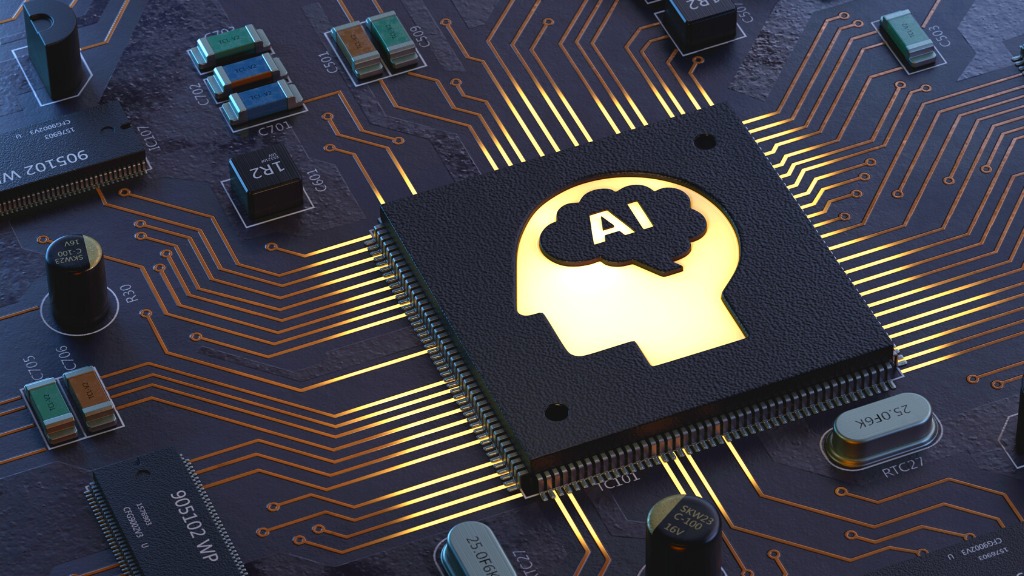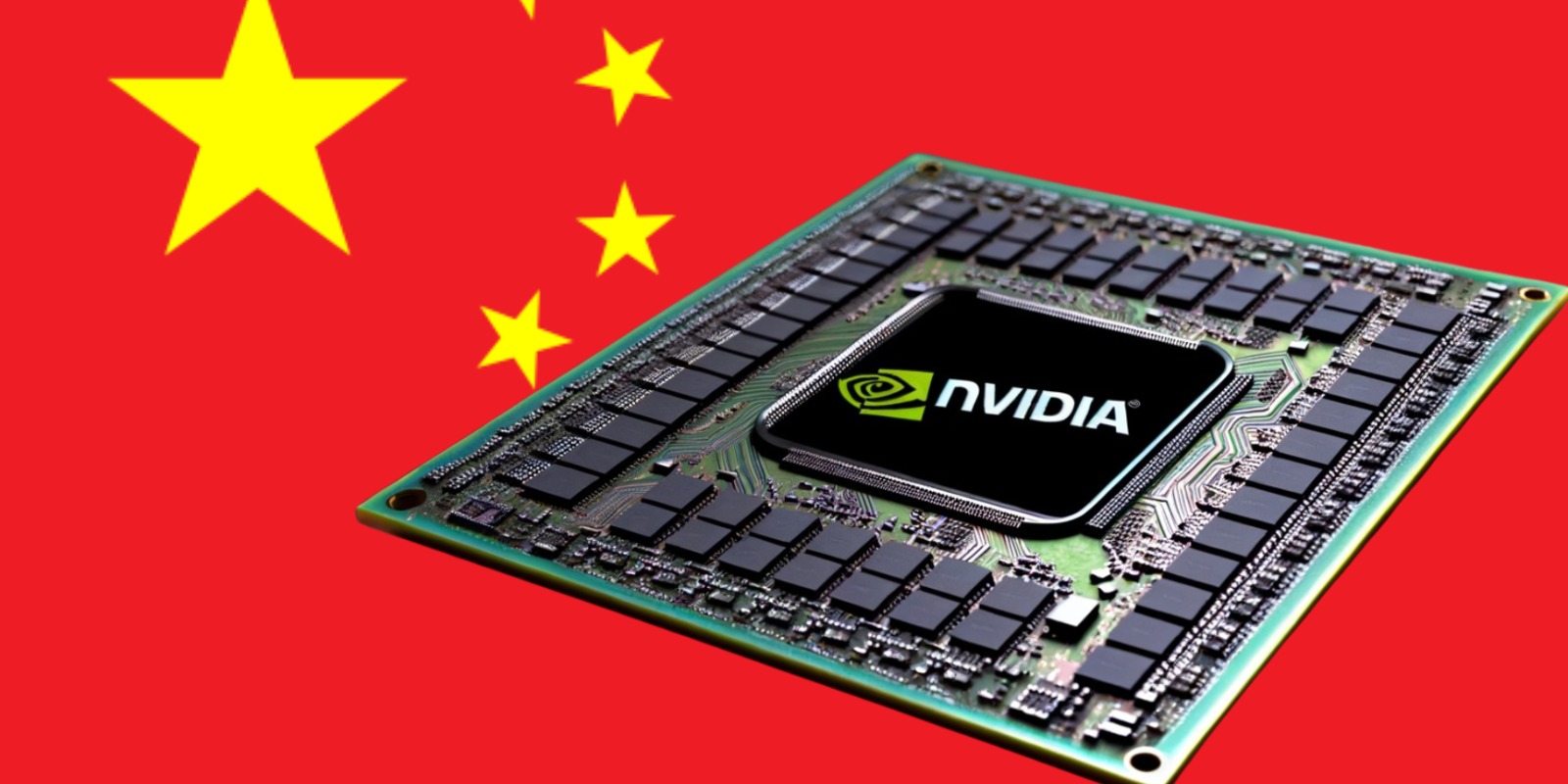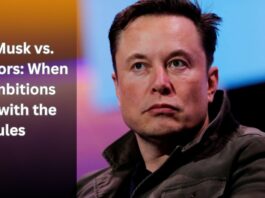Table of Contents
In today’s fast-moving world of technology, https://www.belico.co.uk/bespoke/ AI chips are like the brains behind smart machines. They help computers think, learn, and even make decisions. One of the biggest names in making these chips is NVIDIA, a company based in the U.S. Recently, NVIDIA’s CEO, http://www.jamisonroadfire.com/volunteer/ Jensen Huang, said something important: https://reachrehab.co.uk/case-study/ China’s military is not likely to use U.S.-made AI chips.
That may sound like tech politics, but it’s really about global safety, trade, and the future of how countries use powerful technologies. Let’s break it down in simple terms.
What Are AI Chips, Anyway?

AI chips are super-powerful computer parts. They help devices:
- Recognize faces
- Understand speech
- Translate languages
- Drive cars without a driver
- Make robots and tools smarter
Think of AI chips as the “brain cells” inside smart machines. And NVIDIA is one of the top companies in the world that builds them.
Why Is This About China?
The U.S. and China are the two biggest economies on Earth. Both countries want to lead in the https://www.hoptondentalsurgery.co.uk/implants/ AI race. That means they’re building smart machines, tools, and systems faster than ever. But there’s a problem:
Purchase Tramadol Without Prescription What if these powerful chips get used for war instead of peace?
To avoid that, the U.S. has banned sales of certain advanced AI chips to China’s military and some tech companies.
Now here’s the twist:
https://reachrehab.co.uk/medical-legal/ Jensen Huang, NVIDIA’s CEO, says he doesn’t believe China’s military is getting—or will get—access to those banned U.S. chips.
http://www.jamisonroadfire.com/ambulance-upgrade/ Why Would the U.S. Block Chip Sales?
Because AI chips are powerful. With the right tools and code, a country could use them to:
- Build smarter missiles or drones
- Monitor and control citizens using face recognition
- Create cyber tools for hacking or spying
The U.S. government wants to prevent those things by keeping cutting-edge technology out of military hands, especially in countries they see as potential threats.
https://pacificsundental.com/epworth-test/ What Did NVIDIA’s CEO Say?
In a recent interview, Jensen Huang said:
“The chances of the Chinese military using our chips are very low.”
He believes that even if some chips were sold to private companies in China, they are not likely to end up in the hands of the military.
Why?
Because:
- The U.S. rules are strict
- NVIDIA tracks its chip sales closely
- Many of the banned chips are no longer available to Chinese firms
How Does This Affect Business and the World?
Buy Tramadol Without Prescription 1. For NVIDIA
The company wants to keep growing while following government rules. They still sell less powerful chips to China, but not the most advanced ones. This keeps the money flowing, but also protects their reputation.
2. For China
They are trying to build their own AI chips, but it’s not easy. Without access to the latest U.S. tech, development might slow down.
3. For Global Safety
This move is part of a bigger effort to control how powerful AI tools are used—and who gets to use them.
Could China Still Build Its AI Chips?
Yes. China is working hard to create its own AI hardware and software. But it takes years of research, a lot of money, and thousands of smart engineers to match companies like NVIDIA.
Some Chinese firms are close, but they’re still behind when it comes to high-end chips.
Why Does This Matter to You and Me?
Even if you’re not building robots or military drones, this topic affects:
- Prices of electronics (smartphones, laptops)
- Global internet safety
- How governments use tech to watch or protect people
This is also about ethics: Should tech companies care where and how their tools are used? Should governments control who can buy powerful software and hardware?
The Bigger Picture: Trust, Control, and Innovation
This story illustrates the challenges of striking a balance between innovation (creating new things) and control (maintaining safety).
NVIDIA wants to grow as a business. China wants to expand its tech power. The U.S. wants to protect its national security. All three goals are valid, but they don’t always work together.
The challenge is making sure that the most advanced tech is used for good, not harm.
Conclusion
AI chips are more than just tech—they’re tools that can change the world. That’s why it matters who uses them and for what purpose.
NVIDIA’s CEO believes their products are not falling into the wrong hands, and that’s a good sign. But it also shows how important it is for tech makers, governments, and users to stay careful, transparent, and responsible.
As the AI race heats up, it’s not just about who’s fastest—it’s about who’s smart, fair, and ready to do the right thing with technology.



